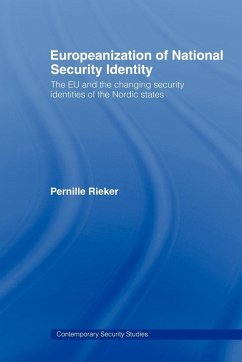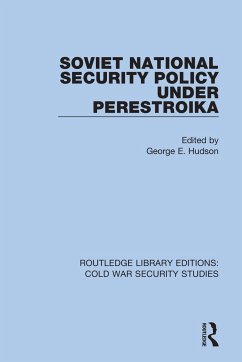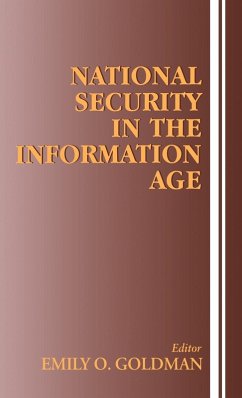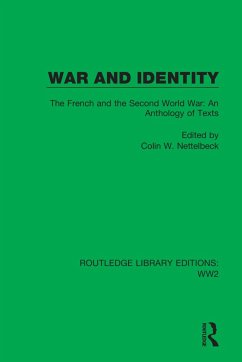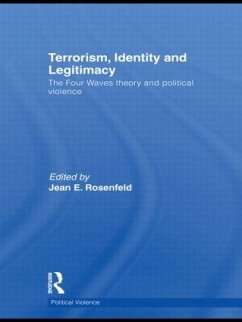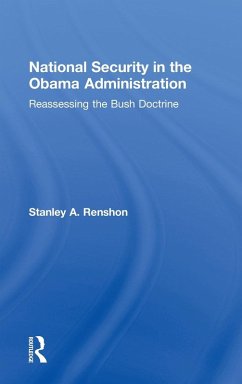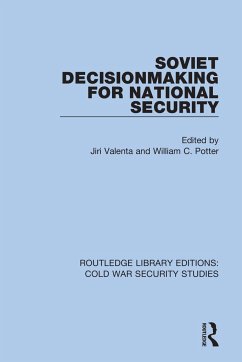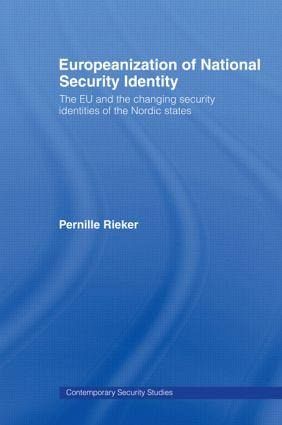
Europeanization of National Security Identity
The EU and the changing security identities of the Nordic states
Versandkostenfrei!
Versandfertig in 1-2 Wochen
109,99 €
inkl. MwSt.
Weitere Ausgaben:

PAYBACK Punkte
55 °P sammeln!
This book presents a new understanding of how the EU functions as a security actor, and how and to what extent the EU affects national security identities. Since the early 1990s the EU has increasingly become a more important security policy actor. However, the special character of the EU - being something between an international organisation and a federal state - makes it unique. The aim of this book is twofold. First, it provides an understanding of how the EU functions as a security actor. Second, it analyses how and to what extent the EU affects national security identities. The empirical focus is a comparison of the processes of change and adaptations in the Nordic countries, although the topic of the book has wider implications. The analysis combines integration theory, security studies and studies of Europeanisation. However, the main aim of this volume is to contribute to increase understanding of how national security identities change. The EU is a security actor and due to its level of integration, it exerts a powerful influence member state security approaches and identities.





